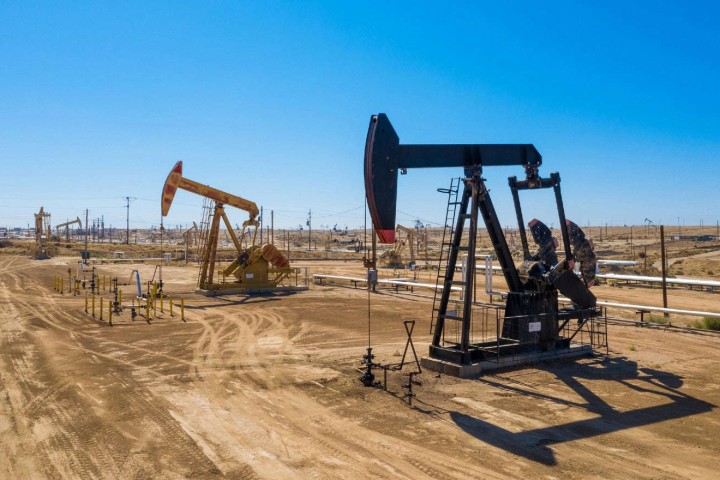It's not an 'energy' crisis — it's a fossil fuel crisis

Late last year, the disappointing COP26 climate conference was quickly overshadowed by an altogether different energy crisis: The global supply shock that drove oil and gas prices through the roof. It was ideally timed for political opportunists and fossil fuel companies eager to make false claims about the costs of shifting to clean energy. Make no mistake: This is not an energy crisis. It is a fossil fuel dependency crisis.
Here in the United States, news reports were focused on pain at the gas pump, but the price spikes go deeper: Utility companies and heating fuel sellers were warning customers to expect to pay significantly more to heat their homes this winter. And all across Europe, a pricey gas crunch offers a more troubling warning about the global effects.
While gasoline prices have fallen slightly from their recent peaks, the crisis narrative is achieving its goals. Republican politicians (without any evidence) are blaming President Biden's climate priorities for driving up prices across the board, while offering a "solution" that amounts to doubling down on expensive, dirty fuels. This absurd posturing guarantees more market volatility and price spikes, and jeopardizes the policy changes necessary if we are to avert the worst climate impacts in the years ahead.
Let's be clear: It's not a shift to renewables that is driving up energy prices. As the International Energy Agency's Fatih Birol put it, "It is not because there is too much clean energy, but there is too little." Indeed, a more rapid buildout of clean, affordable energy would be welcome news. What's actually happening is a fossil fuel supply crunch, attributed in large part to the myriad disruptions associated with a deep recession that was caused by a deadly global pandemic.
There's also another shift to consider. When it comes to the gas used to heat homes and generate electricity here in the United States, the 'problem' recently has been an excess of gas supplies. To unload that product, the United States has become a massive exporter of liquified natural gas (LNG), averaging almost 10 billion cubic feet per day in the first half of this year - a 42 percent increase over the same period in 2020. Domestic supply and consumption of gas, meanwhile, is relatively stable. So, while skyrocketing utility bills will be blamed on a short supply of gas, companies will continue to ship it overseas. This suits the interests of energy companies and Wall Street investors. Indeed, by the end of next year, the United States will likely be the top gas exporter in the world.
Nonetheless, these sudden price swings are a consistent feature of fossil fuels. Rising gas prices are a major contributor to recessions, and even recoveries: After the 2008 financial meltdown we saw oil, gas and coal prices shoot up. While a sudden rise in the cost to heat your home or drive to work all but invites politically potent talking points, none of this can be blamed on wind turbines and solar panels, or the Biden administration's decision to cancel an oil pipeline that had barely begun construction. The real issue is that the necessities for modern life should not be controlled by politically-connected megacorporations that profit from pollution. The transition to clean, renewable energy will provide immeasurable benefits, and we should not hit pause to accommodate the short-term interests of the companies whose business model has caused the problem.
Instead of sending a clear message about how clean energy will correct these problems, the Biden administration is trying to have it both ways, calling for ramping up in fossil fuel supplies and newly leasing millions of acres of public lands and waters for oil and gas drilling, while also assuring that it is committed to climate action and a clean energy future. It recalls a time during the Obama administration when politicians and pundits touted the gas fracking 'revolution' as a short-term bridge to a clean energy future. As many of us feared at the time, the fossil fuel industry has no intention of getting to the other side of that bridge. The urgent and necessary shift away from fossil fuels cannot wait any longer.

